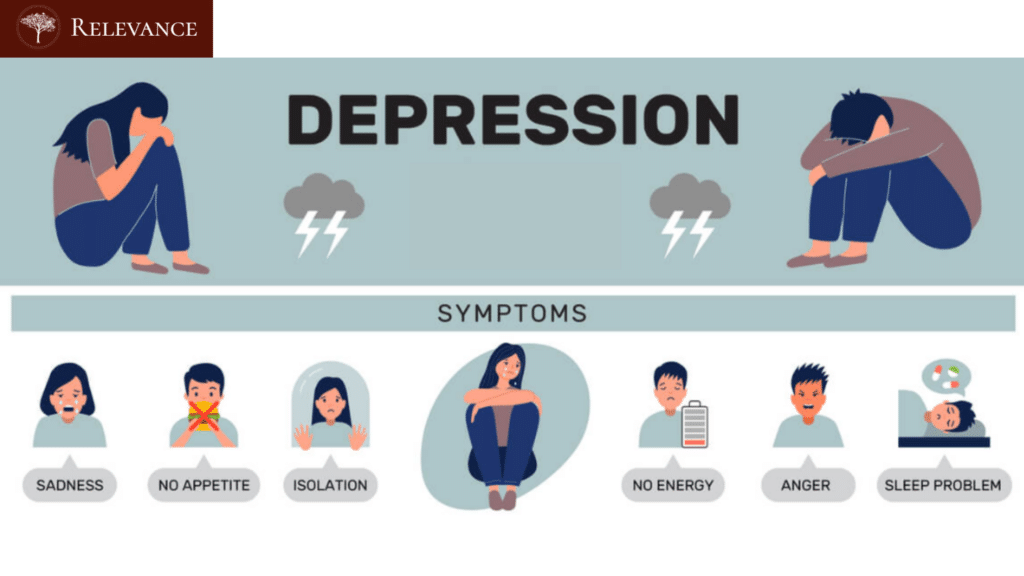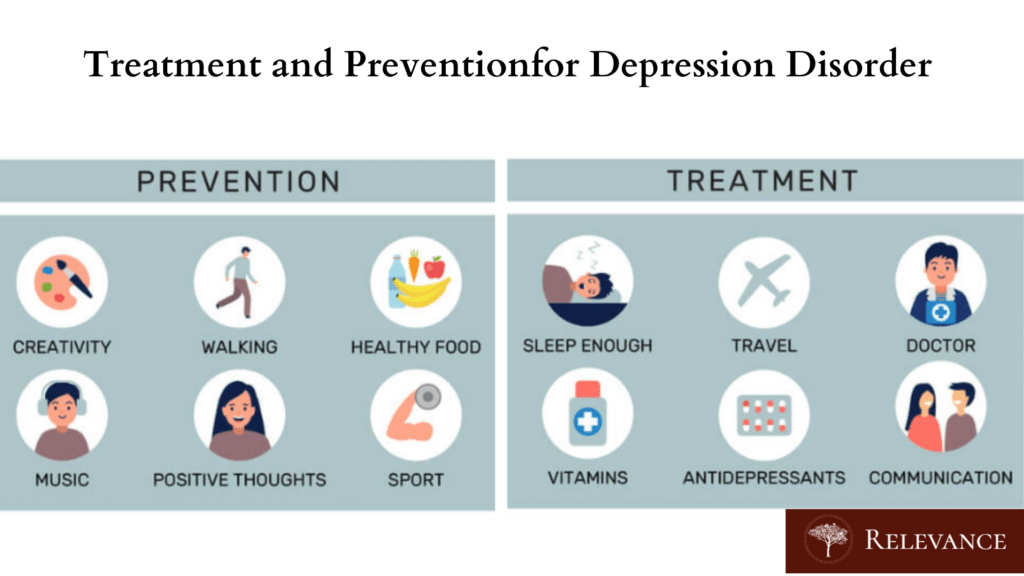Feeling upset, blue, or down on occasion is a typical experience for most people. Everyone has times where they don’t happiness is out of reach, or a particular situation or event is overwhelmingly upsetting. When this occurs, people often say they are “depressed.” For many, these feelings are only temporary. Often, they will resolve shortly after the circumstances that caused unpleasant emotions resolves. Clinical depression, or simply depression, is different. The feelings you experience when you have depression are for more than temporary feelings of sadness.
Don’t allow the sadness to keep you stuck in the loop; life is big!
What is Major Depressive Disorder?

In the mental health community, depression is also referred to as major depressive disorder or clinical depression. These conditions are characterized by overwhelming symptoms of emptiness, sadness, or irritability that affect your ability to function in your day-to-day environment. Without treatment, these symptoms can become so overwhelming that they lead to a loss of function at work and home. For someone to meet the clinical diagnostic criteria for depression, these symptoms must last for a minimum of two weeks. Additionally, the symptoms you experience during depressive episodes must be different from your previous level of functioning. In other words, your symptoms must lead to a clinically significant change in mood and ability.
Major depressive disorder does not have a specific root cause or risk factor. Researchers believe several possible factors might increase one’s risk for developing depression. These include genetics, environmental, psychological, and biological factors. The Diagnostic and Statistical Mental Disorders (DSM-5) outlines several potential risk factors for depression which include:
- Adverse or traumatic childhood experiences
- Family members (parents or siblings) with depressive disorders
- Certain chronic medical conditions (such as diabetes, cardiovascular disease, and obesity)
- A series of stressful life events or changes
While depression is not the most widely diagnosed mental health concern, up to 16% of American adults will experience clinically significant depression at some point in their lives. Some studies suggest women are more than three times as likely to experience major depression during their lifetime.
Are Major Depressive Disorder and Depression the Same Thing?
The National Institutes of Mental Health offer the same definition for clinical depression and major depressive disorder. When someone experiences depressive symptoms significant enough to lead to a clinical diagnosis, they might be diagnosed with clinical depression or major depressive disorder.
What are the Signs of Major Depressive Disorder?;
Major depressive disorder or clinical depression is a diagnosable condition characterized by a depressed mood for most of the day, nearly every day for two weeks or more. It is important to note there are several types of depression and the symptoms associated with each diagnosis vary slightly. The signs and symptoms commonly associated with major depression typically include a combination of the following:
- Feelings of hopelessness
- Persistent feelings of sadness or emptiness
- Anger and irritability
- Excessive guilt or feelings of worthlessness
- Decreased energy
- Loss of interest in usual activities or hobbies
- Difficulties sleeping
- Difficulty concentrating or remaining attentive
- Restlessness
- Changes in appetite or eating patterns
- Increased body aches and pains (without an apparent underlying medical reason)
Your Path to Recovery Begins Here
How to Find Depression Treatment Near Me
Trying to manage major depressive disorder without help can be difficult. Depending on the severity and intensity of your depression symptoms, there may be days where your symptoms take over everything else. However, you can overcome your symptoms with support and guidance from the caring and compassionate team at Relevance Recovery. Depression is a highly treatable illness. Like many other mental health struggles, depression does not have a known “cure,” but with treatment at a depression treatment program, you can learn how to manage your symptoms and significantly reduce their impact on your day-to-day life.
If you or a loved one struggles with major depressive disorder, help is available. At a treatment program specializing in depression treatment, you will work with members of your treatment team to develop a path to recovery that focuses on your physical, emotional, and spiritual needs. Let our team of caring and compassionate providers at Relevance Recovery help you break free from the chains of depression. To learn more about us, our programs, and how we can help you learn to manage symptoms of depression, contact a member of our admissions team today.










